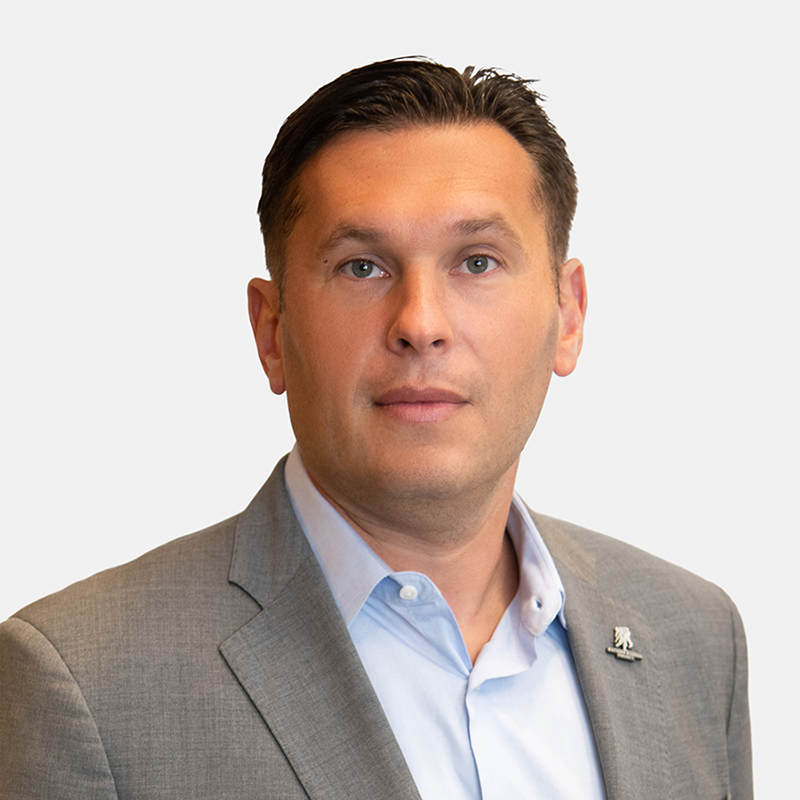Dr. Balbir shares how the Wounded Warrior Project's Independence Program supports and provides additional wrap-around services for veterans after they transition home.
Dr. Alexander Balbir is the Director of Independent Services at Wounded Warrior Project.
For information about treatments for brain injury please visit The Treatment Hub.
When we traditionally think about health care for individuals who sustain a traumatic brain injury we tend to think about the work that's being done within a fixed facility, within the four walls of a clinic or a hospital. And the work that's been done, especially for veterans, in terms of acute care for traumatic brain injury, has been phenomenal. Our ability in the military to manage combat casualty care is exceptional but when these individuals transition home with a care plan we generally say that that care plan, the moment they step foot out of that hospital in that facility, that care plan is thrown out the window. You have to adapt to a new environment. You have to adapt to a new home but what happens now is you are left to be on your own and really figure out how to navigate this new world that you're living in. You may be dealing with cognitive issues. You may be dealing with issues related to your mobility and that requires different types of coaching, different types of services to make sure that you now adapt in your community all physically, psychologically but also adapt to your community socially. You want to be part of the community like you were prior to your injury. The Independence Program was designed to help support and sustain that transition out of that facility back home. That's really important. So the Independence Program, our exclusive focus is utilizing specific services case management, life skills coaching, and community support specialists
to really get that person out and about in the environment, set goals for them to maybe achieve some physical goals. So this is a little bit different than what goes on in a more traditional clinical setting. But also we have the capability in the Independence Program to provide alternative therapies: equine therapy, music therapy, art therapy. What these services do provide is another outlet for recovery another treatment modality that we believe has been extremely successful for these warriors and their families. And that's really the core of the Independence Program is mostly focused on the non-clinical side providing those transition services, those wrap-around services, but then also focusing when needed on some other clinical services like home health care skilled care and those types of things. So we're able to adapt and be very flexible with our Independence Program so that we can provide for individuals those essential services in their homes and communities.
BrainLine is powered in part by Wounded Warrior Project to honor and empower post-9/11 injured service members veterans and their families.
About the author: Alexander Balbir, PhD, MBA
Dr. Alexander Balbir served as the Director for Independence Services at Wounded Warrior Project (WWP). He currently serves in the United States Navy Reserve as a Medical Service Corps Officer hospital/healthcare administrator.

